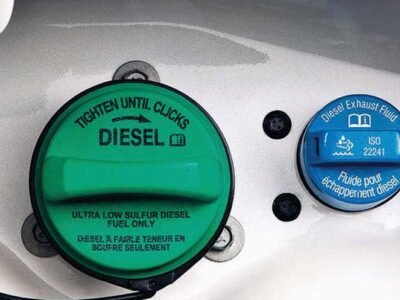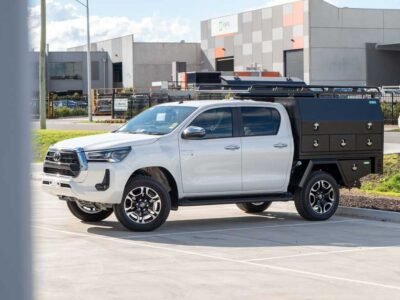Tires are the only thing that stands between your car and the road. They’re relied on to maintain safety at all times, even in the most dangerous of road conditions. Every vehicle should have quality tires on, properly installed with no damage and not any significant wear-and-tear.
In addition, the type of tires you buy matters. There are a lot of differences between brands, reflected in the cost. Contact a retailer and ask for a quote on the type of tire you have.
Ask what’s included, such as installation and warranty. This is all the information you need to know on where to go to get new tires for a car. In some cases, you may find a better deal buying new or used tires online.
Here is your guide on how to buy tires for your car.
1. Your Vehicle’s Tires
Every vehicle is optimized to work with a certain tire size and type. When buying tires for your car, you want to buy an identical tire or similar set. This will maintain the safety and performance standards you are used to.
This starts with knowing the tire size and speed rating. This information gets printed on the sidewall of the tire. Make a note of it. These letters and numbers will indicate the type of tire you are looking for.
2. Tire Size Number
You will have an identifier on your tire that indicates size. It will be something like this: 245/40-R18. The ‘245’ indicates the width of the tire at its widest point. The ‘40’ is how tall the sidewall is as a percentage of the width.
The ’18 represents the diameter of the wheel in inches that a tire will be mounted to. The combination of these numbers will identify the type of tires you will be looking to purchase for your car.
3. Speed Rating Number
Speed rating means how fast a car can go safely on a set of tires for an extended time. It’s a performance metric. High-performance tires have a higher number.
The speed rating’s written as the tire size and a letter, i.e. 93W. The original tires of your vehicle will match the maximum speed it can attain in addition to a safety margin. This isn’t as important as tire size, but it’s something to be aware of.
4. Tread Wear
Treadwear refers to how many miles you can put on a tire before it requires replacing. As expected, the higher the number, the longer your tire will last. There’s a lot of variability in estimating tire lifespan, however.
If your tires wear out before the indicated tread wear, your warranty may credit you a percentage of the miles that you didn’t get to drive. Instead, it applies those to your next tire purchase. It’s something to consider.
5. All-Season Tires
All-season tires are designed for all weather conditions. They promise a fair grip on the road, capability in snowy conditions, and traction in winter.
Depending on the winter conditions, however, all-season tires are limited in their traction. Come winter, you may want dedicated winter tires which can provide better traction. Unless it’s the rule of law, switching to winter tires isn’t a necessity and all-season tires can still work.
6. Buy Winter Tires
If you buy winter tires, they will provide maximum traction on roads covered in slippery snow and ice. They are powerful in winter, however, do not leave winter tires on year-round.
During summer, they won’t handle or wear so well on hot pavement. You will end up wearing the tire down very quickly using them during summer. Be sure to take off and put on winter tires at the appropriate time of year.
7. Always Buy a Full Set
Unless you’re in a pinch, i.e. a blown tire on a highway, it’s much better to have a matching set of tires on your vehicle than to replace one or a pair. Your car’s suspension is designed to work with a matching set.
When you replace one tire, the wear is different on each. By replacing all four, your tires will last longer, be safer, and provide more predictable handling as you drive on them.
8. Upgrading Your Tires
Maybe you want a better tire than you had before. Fair! The easiest way to do this is to buy a different brand. A more premium brand with the same tire type equals a better tire. If you decidedly want a higher-performance tire, this is where it gets tricky.
You don’t want the tire to rub up against the suspension or body. You want to make sure the type of tire fits your car. Talking with a tire shop or tire expert is strongly recommended for this. Otherwise, you could purchase a set of tires that just aren’t going to fit your vehicle.












